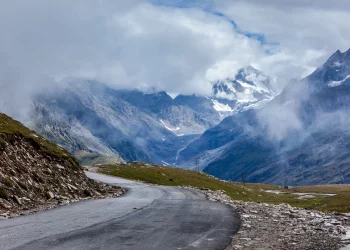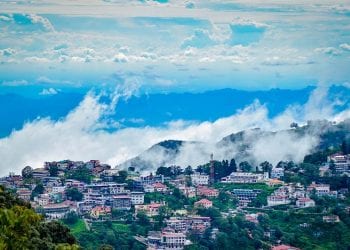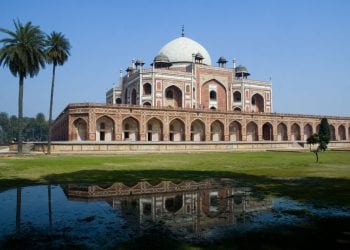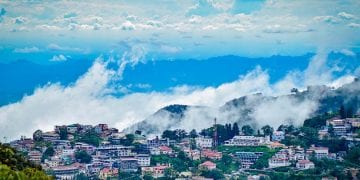9 Best things to do in Khandala we bet you didn’t know
If you are asked to think of a hill station for a perfect weekend getaway from Mumbai, most of you would vouch for Lonavala with some even naming hill stations from up north. Not everyone will mention Khandala though; it’s strange how most people don’t even know about the existence of Khandala as a major tourist destination.
It is so underrated that if you search Khandala on Google, it’d show you the Khandala fort of Rajasthan first. The postcard worthy hill station is situated between the metropolitan cities of Pune and Mumbai. Sandwiched between the two hubs of hustle and bustle of India, the hill station of Khandala is a favorite escape for most of the localites of Mumbai and Pune. Remember that song ‘Aati Kya Khandala?’ Yes, you have guessed it correctly at the mention of the song’s name. The song is about this place, this is the Khandala which Aamir Khan and Rani Mukerji immortalized quite some years ago!
When and how to go
Due to the high altitude location of Khandala, it is easily affordable to go all year round without having much to think about the weather conditions. But if you want a truly comfortable journey with zero mishaps and perfect weather then the season to avoid would be the monsoons. The dynamic and unpredictable weather makes it a very unsafe bet for the ones who want everything to be perfect during their vacations. But you have to keep in mind the fact that a hill station like Khandala has a very different charm which you won’t find during other seasons. Whereas if you go during the winters you would get the perfect opportunity to cuddle up with your loved ones and enjoy a hot cup of coffee.
The nearest railhead to Khandala is Lonavala which is situated at a distance of 10 km. Lonavala is connected to both Pune and Mumbai by regular trains at regular intervals. From Lonavala you can easily get a taxi or a share cab to Khandala due to the short distance between the two. The nearest airport is at Pune which is about 50 km from Khandala. From there you can easily get taxis and cabs to Khandala or take a bus to Lonavala and take a cab from there.
9 best things to do in places you didn’t know existed
- Trek to Rajmachi Fort
- Trek to Visapur Fort
- Exploring the Bedsa Caves
- Enjoying the perfection of Lohagad Fort
- Experiencing Tiger’s Leap
- Seeing Duke’s Nose
- Splashing around in the Kune Falls
- Rediscovering the Karla and Bhaja Caves
- Enjoying the ethereal beauty of Tungarli Lake
1. Trek to Rajmachi Fort

The positional accuracy of the fort will make you respect the ancient rulers of India more. Surrounded by a plateau on all sides, this fort, which actually comprises of two forts, enjoys a direct view of the Bhor Ghat which was a prominent port and trade route with easy access to the kingdom of Maharashtra. Hence, keeping an eye on the port was an important strategic move. The trek to the fort starts from Tungarli Lake. From there en route you can see Buddhist caves which date back to 200 BC. The lush green beauty of the Western Ghats awaits at the end of the trek.
2. Trek to Visapur Fort

Standing at a height of 1084 m above sea level, the Visapur Fort is an imposing structure which was built by the first Peshwa of the prestigious Maratha dynasty, Balaji Viswanath. This fort stands testimony to the prowess and power of the Maratha Dynasty. The ideal time for the trek to Visapur is during the monsoons when the waterfalls are full and overflowing and a graceful mist hangs over the entire place. The beauty of nature in that mist is unparalleled.
3. Exploring the Bedsa Caves
Dating back to 60 BC these caves are one of the most beautiful caves to have adorned the nation. The beautiful and exquisite carvings on the walls of the cave and the four 25 ft tall pillars are truly a sight to behold. The main cave, termed ‘Chaitya’, enshrines a magnificent stupa.
4. Enjoying the perfection of Lohagad Fort
A masterful blend of impeccable architecture and natural beauty, the Lohagad Fort is truly a sight to behold. Built in the 18th century, this fort is situated 52 km away from Pune and is located at a height of 3400 ft. The perfect amalgamation of architecture and nature has led UNESCO to declare the Lohagad Fort a world heritage site. The formidable fort was the twin to the Visapur Fort. The extension of the network of roadways in the area has made the fort easily accessible and hence it has become easier for explorers to dive into its mysteries and history alike.
5. Experiencing Tiger’s Leap
Don’t worry, this is not going to get you killed. This is a view point which gets its name from the resemblance of the point with the silhouette of a tiger leaping into a valley. Majestic waterfalls and natural bounty all around make it a popular tourist spot.
6. Seeing Duke’s Nose
Much like the last one, this involves no nose, except for the fact that the nose of the erstwhile Duke of Wellington resembled the cliff and hence the entire cliff came to be known as Duke’s Nose. The wild and sprawling greenery makes it a perfect spot to enjoy nature and capture its beauty.
7. Splashing around in the Kune Falls
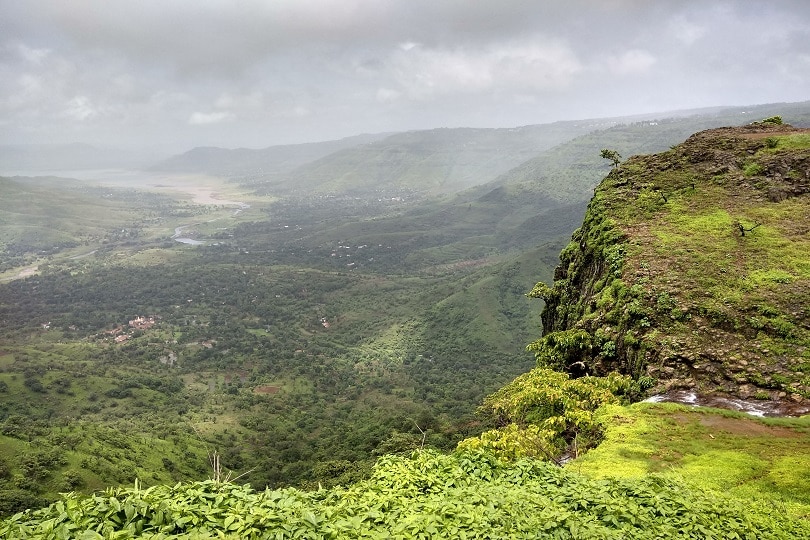
The 14th highest waterfall of the country, the Kune Falls, have a total height of 200 m, spread over 3 steps. The vibrant greenery presents a beautiful picnic spot. But the main attraction is the drop pool where you can bathe and swim.
8. Rediscovering the Karla and Bhaja Caves
A protected monument under the Archeological Survey of India, the Karla and Bhaja Caves are one of the oldest Buddhist caves in the country dating back to 5th century BC. A unique feature is a temple dedicated to Goddess Ekaveera, which is quite unique given that the Buddhists didn’t worship her. The caves lie near an ancient trade route so that it could give shelter to traders in olden days. The walls of the caves tell splendid stories of the past.
9. Enjoying the ethereal beauty of Tungarli Lake

The Tungarli Lake is the major water source of Lonavala. The lake provides a picturesque aerial view of Ramgachi, Lonavala and Lohagad which are situated at altitudes below the lake.
Does Lonavala still seem a better option?
You kidding? While Lonavala has its own beauty and charm, it resembles a fish market on most days. The huge influx of tourists from all over India and the world has led to overcrowding of the place. Whereas Khandala is reasonably quieter and presents a great experience. The best things to do in Khandala match perfectly with those available at Lonavala. You just have to take a leap of faith. Hopefully, next you come back here, you would have taken the leap already. In that case, congratulations!
Recent Posts
Top Picks
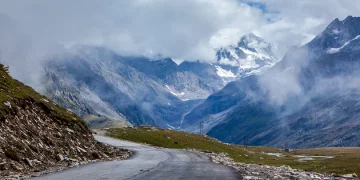
- OYO
 15 April, 2024
15 April, 2024 - Cultural Tour

- OYO
 15 April, 2024
15 April, 2024 - Cultural Tour

- OYO
 15 April, 2024
15 April, 2024 - Cultural Tour

- OYO
 15 April, 2024
15 April, 2024 - Cultural Tour

- OYO
 15 April, 2024
15 April, 2024 - Cultural Tour

Please rotate your device
Please go back to portrait mode for the best experience



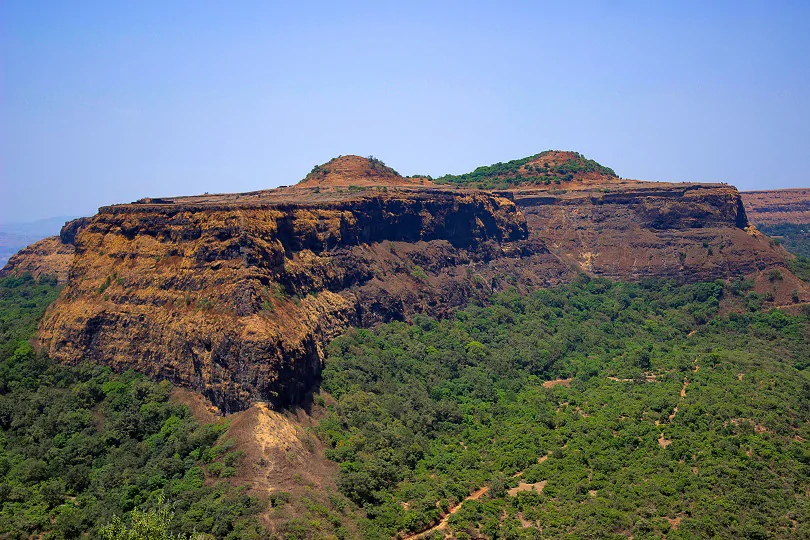

 April 15, 2024
April 15, 2024 